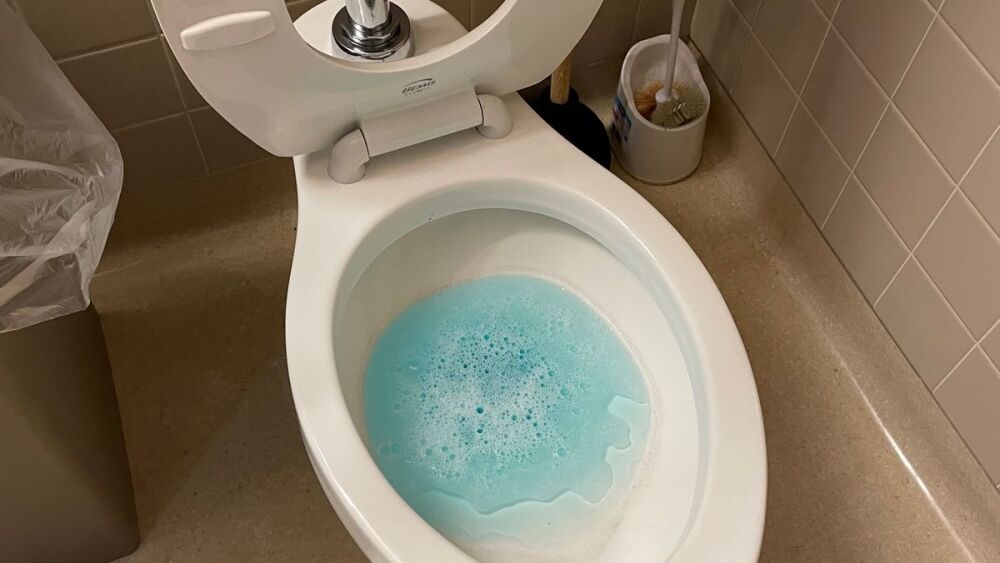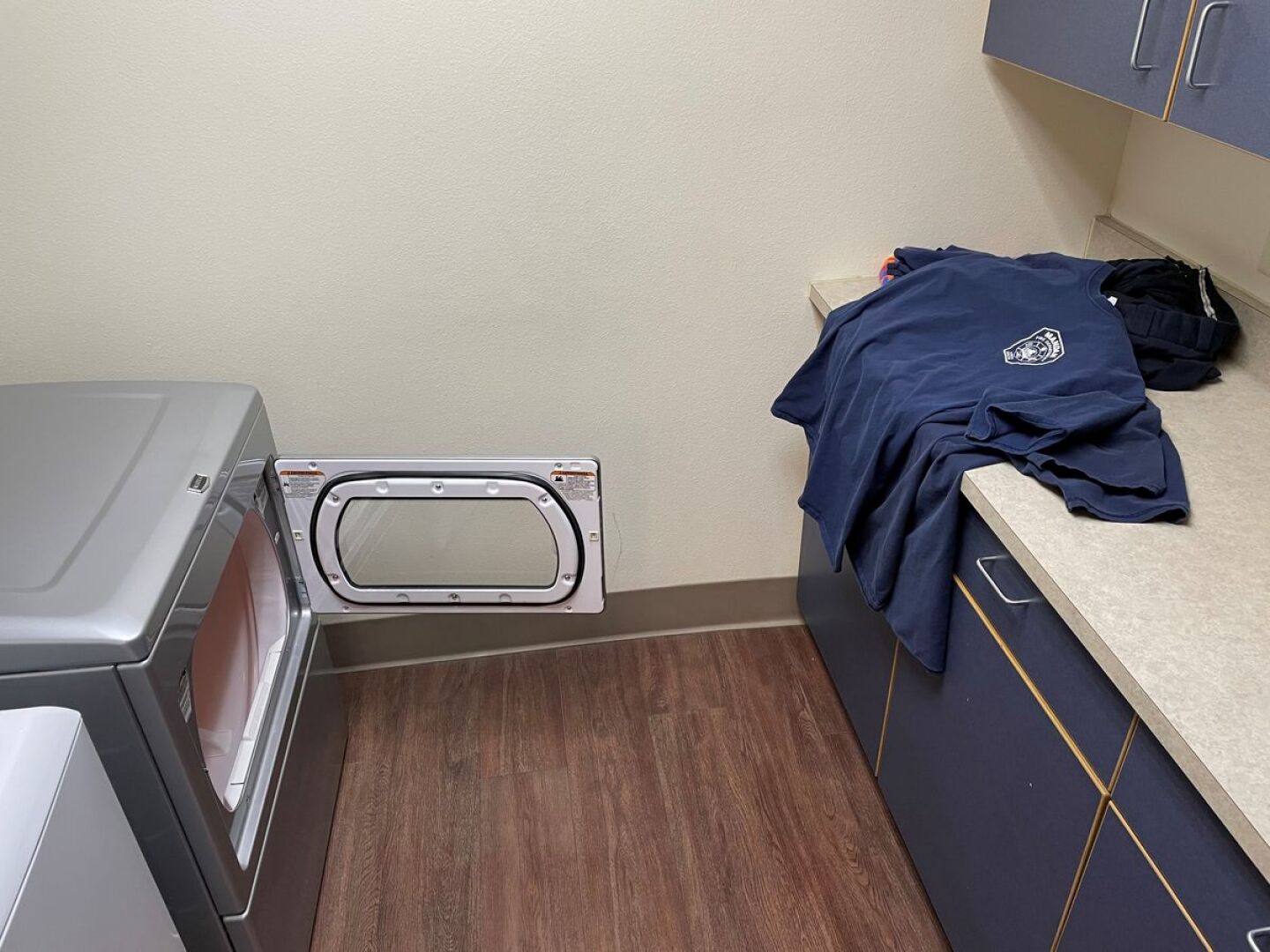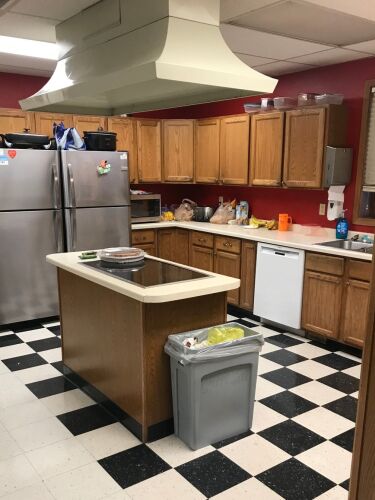Editor’s Note: Download a PDF of Firefighter 3: Firefighter life skills to share with new crewmembers at the end of this article.
Andrew Beck and Ben Willey contributed to this article.
When you start a career as a probationary firefighter, you will quickly realize that there are several lessons you need to learn that were most certainly not covered in your academy training.
The Firefighter 1 and 2 curricula prepared you to be able to toss a ladder, search a building, and advance a hoseline. What this training did not teach you are “firefighter life” skills. You won’t find a section in FF 1 or 2 about how to avoid an unconscious laundry faux pas or how to know who controls the remote. Considering that you will spend most of your time at the stations, not the fireground, we share with you the Firefighter 3 curriculum.
This list started as a running joke between a few firefighters and developed into a way to mentor new hires and help them adapt to station life.
If you are new, this list is for you. We want you to be successful and want you to become part of the team as quickly as possible.
If you have several years under your belt, read through this list and remember what it was like to be new and not understand what was going on around you. Consider your role in mentoring new members. Remember, it’s simple: Pass along your lessons learned and tips for success. Pull up the new members and help them become part of the family. Our job is awesome. Let’s keep it that way by helping the next generation.
Truck & turnout tips
- Give the truck some love: You generally have plenty of time to help wash a truck. Do it well, and carefully. Spending time wiping and drying around all the items of the apparatus that you work on will give you time to really know that apparatus. There is nothing worse than someone seeing all kinds of missed spots after you’re done washing an apparatus. Washing an apparatus carefully shows pride and attention to detail – two qualities that will go a long way to building trustworthiness.
- Leave the bumper free and clear: That’s right, don’t put anything – the radio, coffee mugs, helmets, anything – on the bumpers, ever. The one time you forget, whatever it is will go for a ride. We had a captain lose his helmet on the way to a fire, and he had to use the driver’s yellow helmet on scene.
- Find your turnout spot: Leave your turnouts right by the step where you sit. If you leave them on the floor too far away from the truck, and you’ll probably forget them. There is no worse feeling.
Cleaning clues
- Clean it and leave it: Leave toilet water blue after cleaning.
- Change the toilet paper roll: Yes, even how you handle the TP situation can show leadership and forward-thinking. An empty roll can be indicative of a morale issue. A fresh roll shows professionalism. A fresh roll with a partial roll (not enough for the next person to finish, but too much to throw away) sitting on top shows anticipation of needs and reflects leadership!
- Clean the kitchen nightly: Waking up to a clean kitchen, with coffee waiting, goes a long way toward building confidence with the other members of your crew. They will learn they can count on you to take care of things.
- Do more than the minimum: Daily duties aren’t etched stone. You can clean a toilet any day of the week. Disinfectant also works regardless of the day. If it’s dirty, clean it.
Personal priorities
- Keep around some extra socks: A spare pair of socks can fit into a really small bag and can be a lifesaver on a cold day or when your socks get wet.
- Stash baby powder: Some baby powder or gold bond in strategic areas can help you avoid unpleasant situations. Toss some in your locker in case the need arises.
- Log out: If you are logged into your email, make sure you log out when you leave. Like all things in the station, the computer isn’t yours. Make sure the computer is ready for someone else to use, so they don’t have to try to figure out what to do with your documents, email, etc.
Laundry love
- Fold any clothes left in the dryer: Pay it forward for your brothers and sisters.
- Ask for clothes: Before starting a new load, ask your crew if they have any clothes they want to throw in.
- Buy a big box of dryer sheets: Be the one to bring the big box of dryer sheets, and let your whole shift use them. The favor will be returned.
Money matters
- Don’t abuse the “firefighter card”: As a firefighter, some people are going to offer you discounts on food, coffee, whatever. Don’t abuse this privilege.
- Carry a $20 bill in your turnouts: It takes up very little space and will come in handy at some point to get everyone ice cream or some other treat on the way back from a call when no one has their wallet.
Food facts
- Bring donuts on your first day: It may seem cheesy or corny, but it’s not. The crew will appreciate it.
- Don’t leave leftovers in the fridge until they get moldy: Take responsibility for your leftovers. Make sure you aren’t leaving a science experiment for someone else to clean up. Take care of leftovers like you would like them to be taken care of at your own house.
- Respect food time: Lunchtime is also nap time for some. Try not to schedule anything that will interfere with either. And don’t stop in during that time on days off.
- Put away your food – or suffer the consequences: Any food left out on the counter or table is fair game. Don’t get upset if you leave it out and it’s gone by the next shift. This especially applies to cookies.
- Mind the plastic containers: There is an everlasting being in every fire station kitchen. It lives off eating plastic containers. Don’t feed it. If you bring your own containers, take them home.
- Seek out the smell: When you have an electrical smell in a house, and you can’t find it, it’s probably a fridge or freezer compressor.
Kindness matters
- Ease up: Go easy on hammering on people on the other shift’s mistakes. You’re new and will probably screw up next week, too. Make this a habit for your career!
- Give people space: Some people are morning people. Some people aren’t. For the ones who aren’t, give ’em a little space for the first hour of the shift.
- Be nice: Just like the late-Chief Alan Brunacini said, “be nice” – to everyone. Be nice to people on calls, even if you don’t think they deserve it. If you are respectful and compassionate, you feel better about yourself.
- Consider the crew: If you show up early to work, be considerate of the members still on duty. The off-going crew might have had a long night.
Hierarchy and habits
- Give senior officers control of the TV: TV remotes are like fireground command. The senior officer assumes command of the remote unless said otherwise.
- Respect the seating arrangement: Find out seating arrangements in the living room and at the dinner table. People are creatures of habit, and if they have been there longer than you, let them have their spot. It’s not silly, it’s a way to adjust to their world.
- Give up the spot: If you arrive early, don’t take the closest parking spots.
- Speak up – respectfully: Yes, you want to respect the ranking members. However, don’t let the “put your time in, kid” crowd silence you. You have your own unique experience, and you will see things that those of us with more experience might not see. Speak up! Just do it respectfully.
Shift Situations
- Keep track of trades: When someone works for you, they are coming in on their day off to help you out. Your willingness to help out others as well is what makes this system work. Departments have varying systems to keep track of this, but the bottom line is this: If someone helps you out, make sure you are willing to help out others as well.
- Don’t leave members hanging: If you switch a partial shift and someone covers for you, make sure you are back when you say you will be back.
Driver do’s and don’ts
- Obey the speed limit: Figure out the correct driving speed and stick to it. Most of the time, there is a policy, but there will also be slight nuances depending on the officer. If you are heading to a call, resist the urge to drive faster than you need to drive.
- Know where to find it: Make sure you know the apparatus you are riding on inside and out. If someone asks for a piece of equipment, be the person who can go find it on the first shot, not the person who has to check three compartments. If you have to switch stations, take a minute to make sure you know that apparatus before you need to find a tool in a time-compressed situation.
Crew commitment
- Pull your weight: Don’t be the person whom the chief and superior officers have to check up on. They don’t want to have to manage another personnel issue or deal with your drama.
- Admit your mistakes: You’re new, and you have “new-member immunity.” Realize this, and if you make a mistake, just admit it. Don’t argue why you were right. If you try to defend what happened, you will lose the immunity real quick.
- Work and train together: The trust of brother/sisterhood comes from doing hard things together. Never miss an opportunity to train or exercise with your crew.
- Stick with your crew and do your job: Make sure you stay with your crew. This was likely also drilled into you during rookie training. When you arrive at your first fire, however, there may be times where you are asked to help with various tasks in the chaos of a larger incident. Resist the urge to do everything. Do the job you were assigned to as well as you can. This is important, as that task was assigned to and you are accountable for that job.
- Pay it forward: We stand on the shoulders of those who came before us. Those who come after will stand on ours. Be a brick in the wall and not a crack in the foundation by writing these lessons down and sharing them with everyone who follows you into the world’s greatest career.
- Realize you’re part of a family now: Being a firefighter really is like joining a family. You will work with these people for a good portion of the year. Just like in your family, there are likely different opinions and political beliefs. Be respectful, and be nice. Your fellow firefighters are the only ones who you can look to for help in this job. Lean on each other, learn to trust one another, and be there for one another. Always remember: We are lucky to be able to do this job.
Complete the form on this page to download a PDF of Firefighter 3: Firefighter life skills to share with new crewmembers.



















